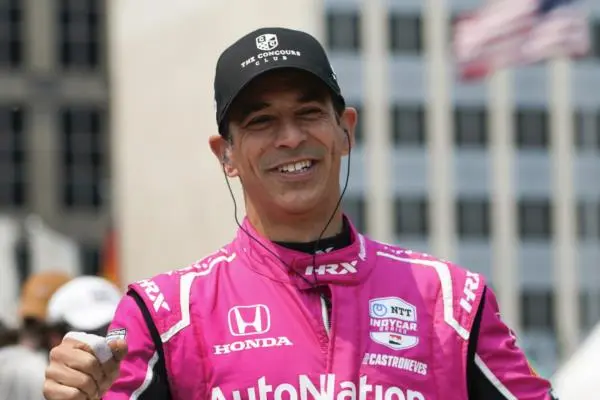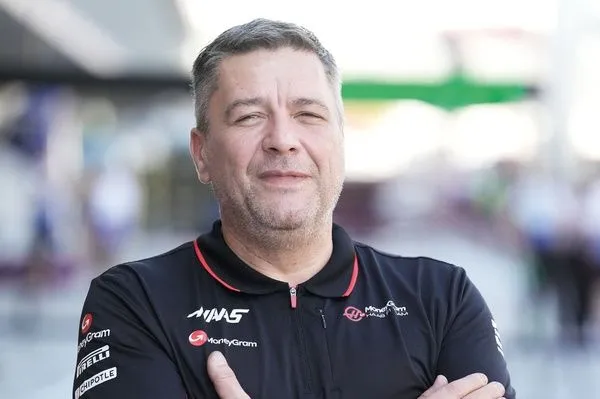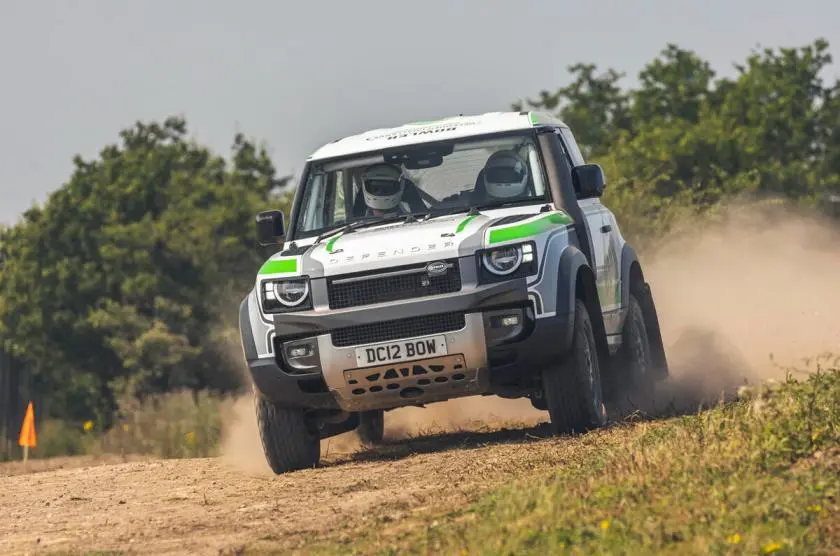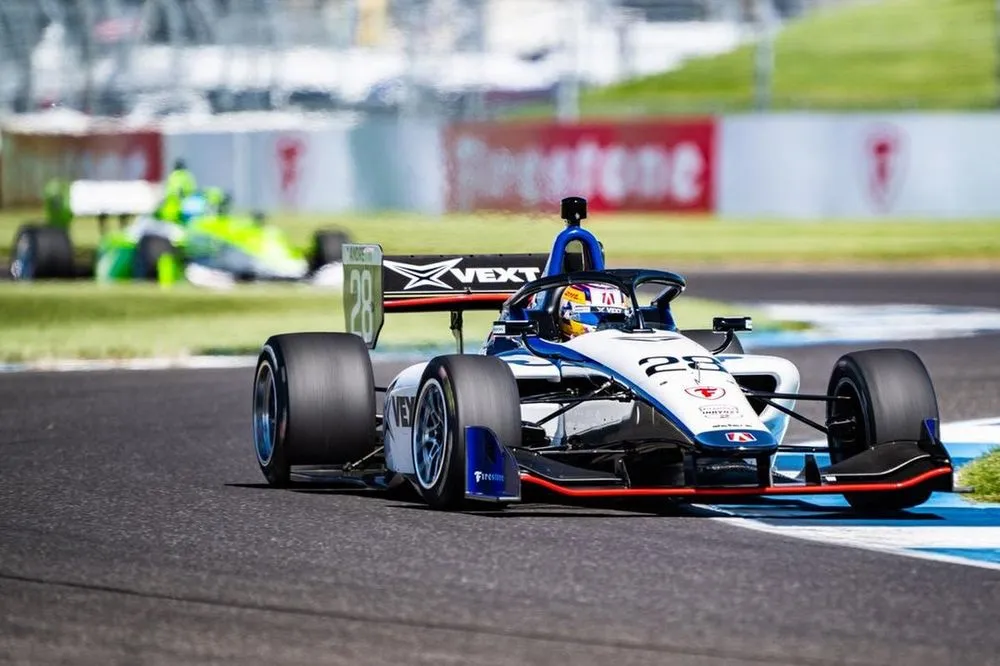In 1951, at the age of 20, Stirling Moss -- who died aged 90 on Sunday -- embarked on one of the most pivotal journeys of his career.
After considerable success in junior categories, he was invited to Bari by Enzo Ferrari to race in a handful of events to assess his ability. However, the trip did not go to plan and the outcome shaped the rest of his Formula One career - right up until the moment it ended with a huge head-on impact at Goodwood over 10 years later.
"When you're 20 years old and you're asked to go to meet Ferrari you just cross yourself and face Modena. It's a big deal," Moss told ESPN several years ago. "Ferrari called me down to southern Italy to drive the new four-cylinder that had been designed for use in Formula Two.
"I went down there and found the car in a garage. I got in and an engineer came over to me and said: 'What are you doing?' I said: 'I'm Stirling Moss and I'm driving this,' to which he quickly replied: 'No you're not, Piero Taruffi is'.
"That really pissed me off. Taruffi was a nice guy and a good driver, but Enzo Ferrari had simply changed his mind without telling me. At that point I vowed to myself that I would never race for him and I never did."
It was a bold, some might say foolhardy, reaction, but one that Moss stood by. Over the next 11 years Ferrari drivers took five world championships while Moss took none. He was runner up four times - twice to Ferrari drivers by a handful of points - but opted to drive for the likes of Mercedes, Maserati and the privateer Rob Walker instead of the prancing horse. He did compete in Ferraris in sportscar racing, and with great success, but they were always run by private entrants and never Enzo himself.
"I drove 13 races in a Ferrari," he recalled. "I was disqualified once when my mechanics put in fuel when I went in for new brake pads at Sebring. Retired once when the fan blade came off at Le Mans - it should have been removed but because it was a North American Racing Team entry they hadn't bothered to take it off and it went through the radiator. But all the other races I won, with 10 fastest laps. So my Ferrari career was very good."
The introduction of a 1.5-litre engine formula in 1961 saw Ferrari dominate F1. The V6 Dino engine mounted in the back of the brand new 156 'Sharknose' chassis was far superior in comparison to the four-year-old Climax engines powering the British cars.
Moss, in an outdated Lotus entered by Rob Walker, was the only driver to beat the 'Sharknoses' in 1961 with two brilliant victories at Monaco and the Nurburging. Ferrari was impressed and, in the knowledge that a new V8 Climax engine would level the playing field in 1962, put his pride to one side and approached Moss.
"At the end of 1961 I went down to Modena," Moss recalls."Ferrari said to me: 'If you tell me what car you want, I'll build it for you'. I said: 'I want a Ferrari 250 GTO sports car for BRP [British Racing Partnership] painted in their colours and I want a Ferrari 156 painted in Rob Walker colours, then I'll race for you'. He agreed and built the cars."
It was a remarkable deal and one that shows the measure of respect Ferrari had for Moss. The scene the following year would have been unprecedented; a dark blue 156 with a white stripe across its distinctive nose running in the same specification as the scarlet factory cars and most likely beating them. But it never materialised as, on Easter Monday 1962, the hopes and aspirations of Moss and Ferrari came to an end with an almighty shunt at Goodwood.
Moss had yet to take delivery of his Ferrari and was campaigning a Lotus 18/21 entered by UDT-Laystall with the new V8 Climax engine in the back. He took pole position but a gear linkage problem scuppered his chance of a decent result in the race and put him two laps behind the leader Graham Hill. As he moved to unlap himself Moss's Lotus veered off the circuit at high speed and crashed into a grass bank on the entrance to St Mary's corner. The front of the car folded in on itself and he was left trapped and unconscious in the mangled wreck. The exact reason for the accident is unknown - Moss's memory was blank when he came out of his three-week coma - but to this day he is confident things would have been different had he been driving the 156 Ferrari had promised him.
"If Ferrari had got the car ready for me at Goodwood I'm certain I wouldn't have had the shunt," he said. "I'm damn sure that whatever happened was connected with the car, and the Ferraris never broke.
"The accident meant I had to start working for a living at 32 with no knowledge of anything. It was a bit of shock, I can tell you."
When the 1962 season rolled round the Ferrari 156s were comprehensively outperformed by the British cars and failed to win a single race. The flop was widely attributed to key members of the team walking out and the outfit stretching its resources too thinly between F1 and sportscars. Either way, there's no way of knowing what would have happened had Moss been fit to race.
Ferrari later said in private that failing to sign Moss cost his team many victories over the years, while Moss also has regrets about the grudge he formed as a 20-year-old in Bari.
"Yes, I must say my biggest regret is never driving for Ferrari. If you go through Ferrari's history I can't think of one accident -- with the possible exception of Alberto Ascari in which we don't really know what happened -- where the car was the cause of the guy's death."




